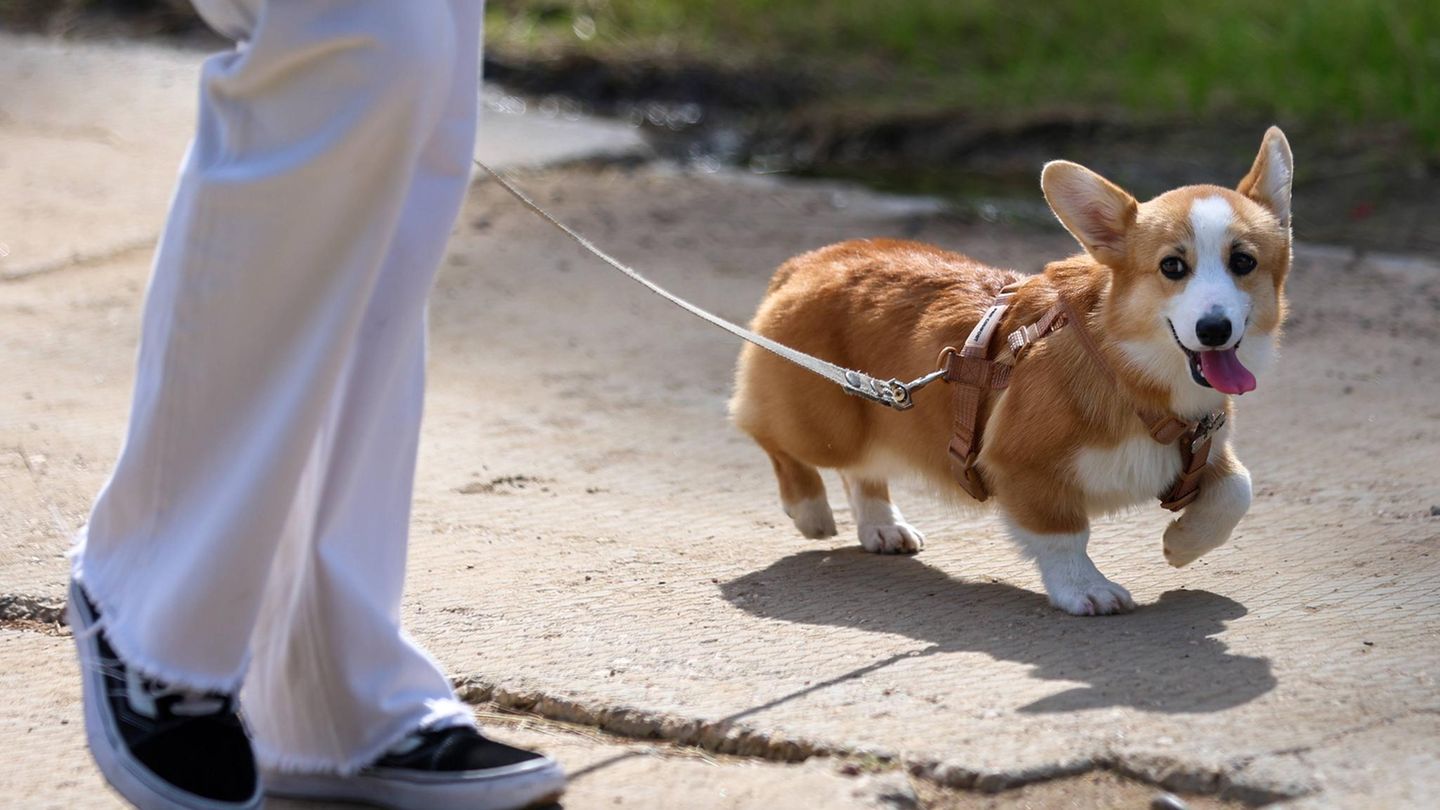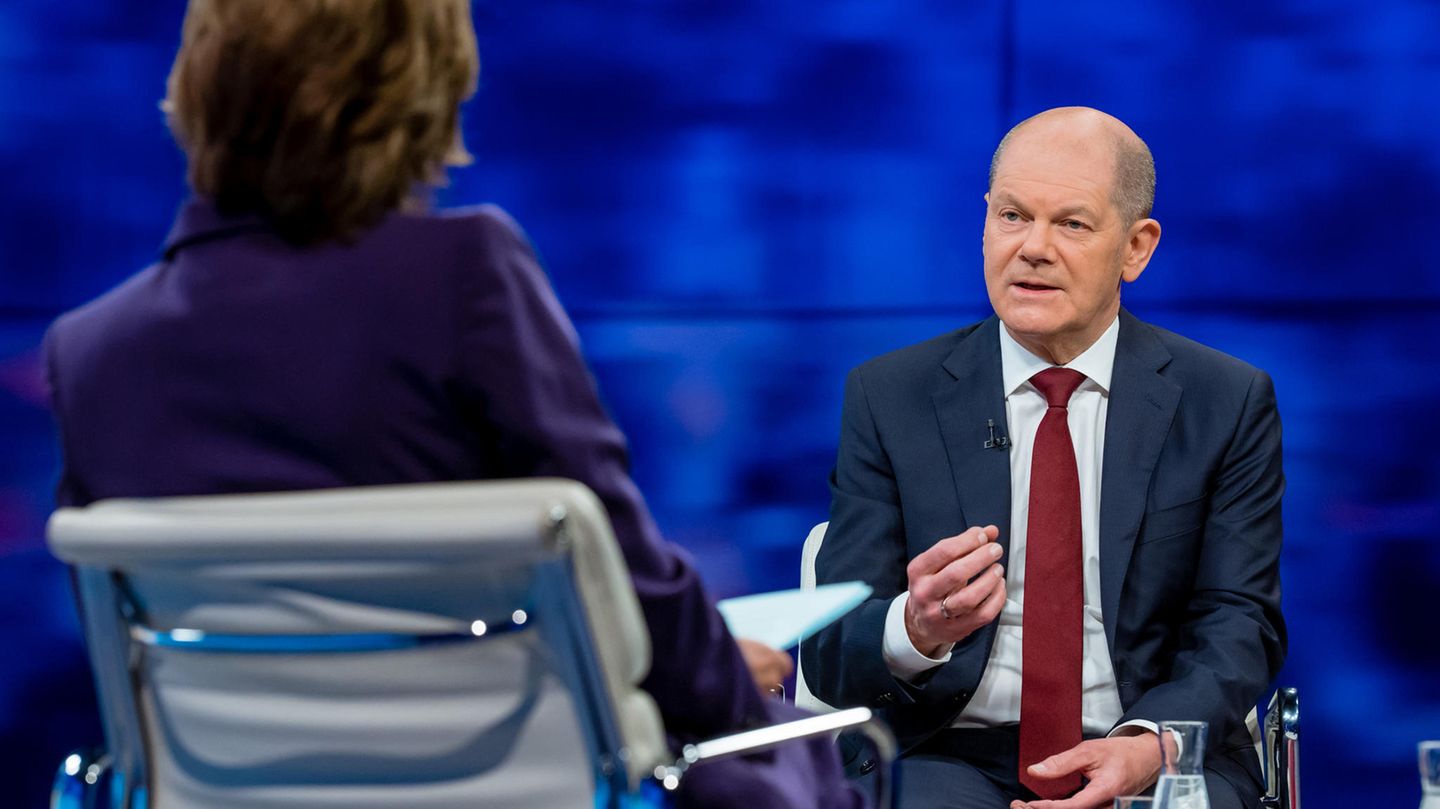David William is a talented author who has made a name for himself in the world of writing. He is a professional author who writes on a wide range of topics, from general interest to opinion news. David is currently working as a writer at 24 hours worlds where he brings his unique perspective and in-depth research to his articles, making them both informative and engaging.
Menu
Maybrit Illner: Olaf Scholz gives Schröder tips – and avoids topics
Categories
Most Read
France: Returned Prime Minister is said to find the way out of crisis in Paris
October 6, 2025
No Comments
Upheaval in Syria: Syria’s parliamentary election: Hardly any women and minorities elected
October 6, 2025
No Comments
National Guard and ICE: Lawsuit, Prohibition Zone: Resistance in Chicago against Trump grows
October 6, 2025
No Comments
Merkel: EU dialogue with Putin failed due to Baltic states
October 6, 2025
No Comments
Gaza negotiations in Egypt begin under the pressure from Trump
October 6, 2025
No Comments
Latest Posts

Which dog is right for you? Find out in the test
October 7, 2025
No Comments
Self-test Which dog is right for you? Find out! Listen to article Copy the current link Add to watchlist Are you more of a dachshund

Euro today and Euro Blue today: how much are trading on Tuesday, October 7
October 7, 2025
No Comments
October 7, 2025 – 00:00 Look at how much the official euro and the euro blue are quoted. He Euro today -Without taxes- operates $

A veggie schnitzel ban would be a bad joke
October 7, 2025
No Comments
Opinion A veggie schnitzel ban? How stupid is that? Listen article Copy the current link Add to the memorial list Europe’s conservatives want to ban
24 Hours Worlds is a comprehensive source of instant world current affairs, offering up-to-the-minute coverage of breaking news and events from around the globe. With a team of experienced journalists and experts on hand 24/7.

